Back in those days, rural Jefferson County had no public sanitary service: no town dump, no curbside pick-up, no recycling centers. This was also (mostly) before plastic, so the sheer volume of garbage produced by a family was a fraction of what it is today.
Between midden heaps and melting metal, the Would-Be Farm is giving us a rich archeological site to mine. The barn has been a collapsed wreck for thirty years or more. Locals who come visit don't even remember even when it went. It's a little mystery. This spring, we hired a guy with a very large excavator to clear out the old foundation and haul the detritus away.
The old foundation area was chock-full of ancient roofing material, twisted sheets of metal, honeysuckle trees, tumbled rocks, pipes, and miscellany. The man with the excavator (and dump trucks!) showed up while we were racing sailboats in Massachusetts. By the time we arrived back on the farm, only an invoice, some dents in the turf, and a void remained. Knowing how brambles quickly re-colonize an area, we got to work clearing the rocks* that had tumbled outward from the collapsed western and southern sides of the old foundation. Decades of fallen leaves helped the old timbers and cow manure compost itself into some good-looking soil. We took the opportunity to carve out more garden space. (*Rock-picking. One of the harder jobs on a farm. Oddly, it did not seem incongruous for me to find myself, decades and degrees later, once again picking rocks from the clay soil of the North Country.) 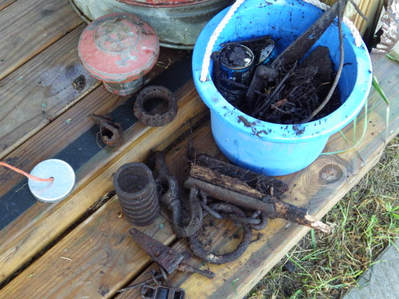 My friend Len has a metal detector that he uses to great effect. He often sends snapshots of his latest hauls: delicate, old-fashioned ladies' rings, coins, lead weights he's saving for Mr. Linton. My metal detector is less refined: I use a big magnet on a length of twine. There's a decided "clink" when a rusty nail jumps onto the magnet. And then there's the odd pull when the metal is too big to heave itself from its bed. I can't resist saving these things. The metal chunks range from the obvious –– hinges and horseshoes –– to the arcane. Nails were evidently cheap, and our guys never used one nail when three were possible. Astonishing amounts of leather survive, the linseed oil preserving the bits of harness and halters even after half a century or more. So much peculiar loot! We could open our own Agricultural museum –– or stock a display case or two at least. Until then, we have a level spot to park the tractor, a stretch of reclaimed field, and a new couple of gardens.
I am thinking horseradish and rhubarb, plus a protected winter bed for daffodils and iris. Ahhhh.
7 Comments
George
8/25/2017 08:48:19 pm
I vote for rhubarb!
Reply
Amy
8/26/2017 08:37:06 am
I'm with you! The rhubarb I ordered this spring came too late for me to plant it at the farm (it's heeled in at my sister's place) but I hope to relocate it into the new garden.
Reply
Meredith Parade Historic Trail
8/26/2017 11:33:19 am
Fabulous subject. There may exist ancient black and whites of the buildings on your expanse, deep in some local institutions, that an Eagle Scout candidate might research and unearth for you. Check the deep soil once under the kitchen window where ma tossed food scraps, crockery, and utensils. Under the bottom floor of ancient hay storage areas I recall amazingly preserved newspapers and comics, gunstock post hewing axes, and barbaric coil traps and chains, including an enormous bear trap the we used to drag around, set and play with. Who needed an iPhone ?
Reply
Amy
8/28/2017 02:35:19 pm
Oooh, good Indiana Jonesy tips!
Reply
A fabulous subject .
8/28/2017 04:26:32 pm
Story is two decades of an earlier lifetime. (Scouts barns traps and comfy18th c. capes all still there, amazingly) 'New Hampshire - a state made of granite. Maine - is mostly mosquitoes and rain. Vermont - is a whole other planet.' -(read on a NH rest stop bulletin board some years back)
George A.
8/26/2017 02:12:06 pm
Yep, I also need to move some rhubarb from a bed where it's not doing well to a different location. On my to do list for Fall.
Reply
Greg
10/7/2017 08:51:54 pm
Great Adventures. There are treasures around old farms. That New Beast of burden "The Tractor" must have earned a name by now. Such fun!
Reply
Leave a Reply. |
About the Blog
A lot of ground gets covered on this blog -- from sailboat racing to book suggestions to plain old piffle. FollowTrying to keep track? Follow me on Facebook or Twitter or if you use an aggregator, click the RSS option below.
Old school? Sign up for the newsletter and I'll shoot you a short e-mail when there's something new.
Archives
June 2024
Categories
All
|
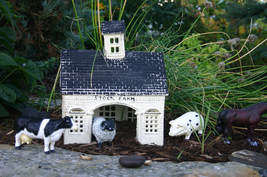
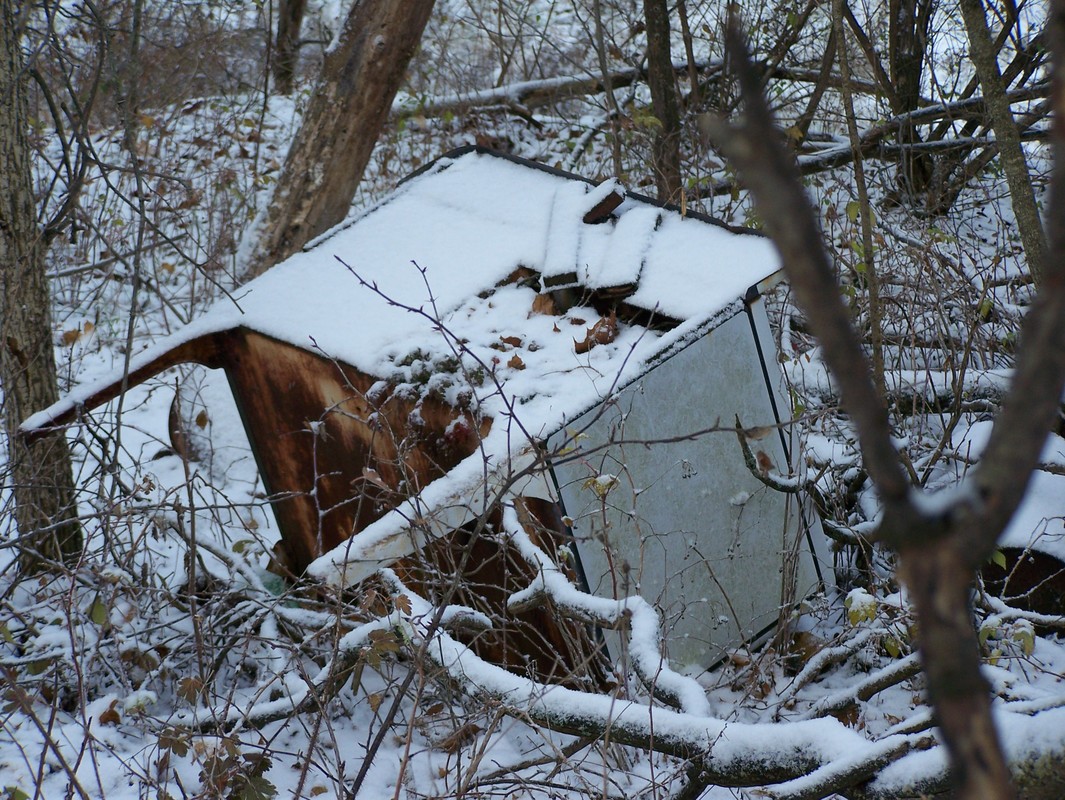
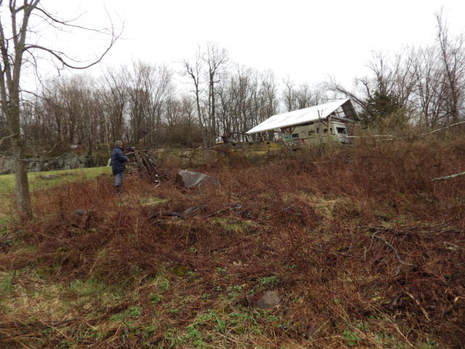
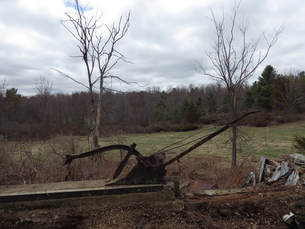
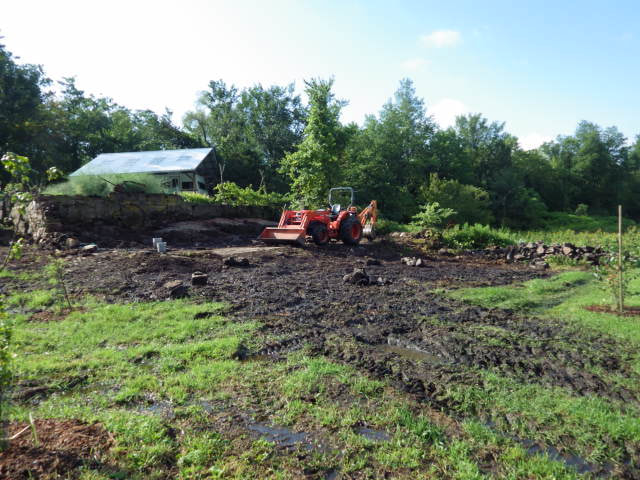
 RSS Feed
RSS Feed
